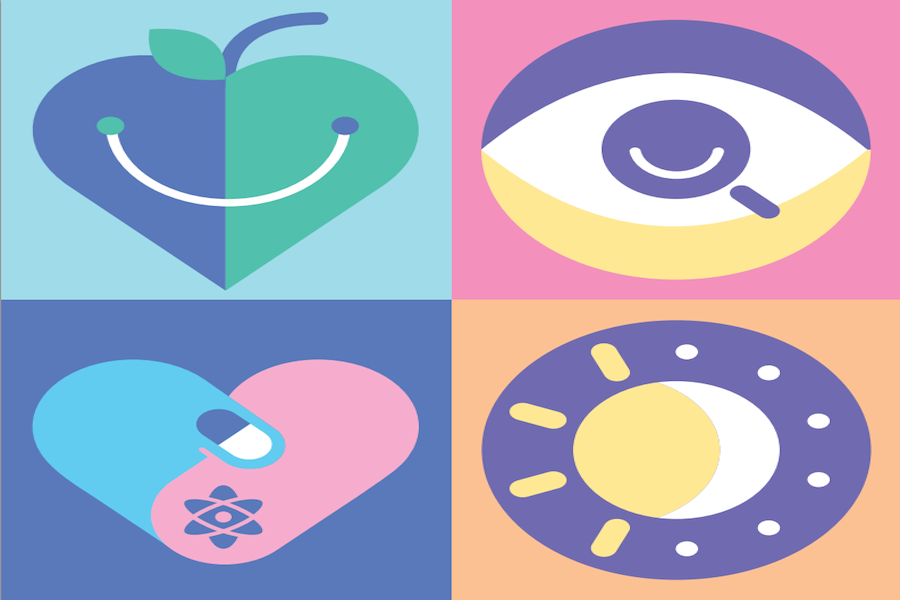Not Beyond Us: World Cancer Day 2015
This year around the world we’ll celebrate World Cancer Day on February 4th 2015 in an effort to raise the profile of the disease and spread the word.
This global event aims to encourage people to get involved at an individual, community and government level to take a proactive approach to the fight against cancer.
Worldwide, 8.2 million people die from cancer every year; urgent action needs to be taken to raise awareness about the disease and develop practical strategies to address the cancer burden at every level.
Organised under the tagline ‘Not beyond us’, this year World Cancer Day 2015 is set to explore how we can implement what we already know in the areas of prevention, early detection, treatment and care. It’s meant to be a catalyst to positive change and a reminder that solutions to cancer are with our reach.
As well as addressing disparities in treatment in care between people from different settings, the campaign will focus its efforts to raise awareness in four main areas; choosing healthy lives, delivering early detection, achieving treatment for all, maximising quality of life.
Choosing Healthy Lives
In many places around the world, stigma and negative public perceptions about cancer stifle informed discussion and perpetuate misconceptions. This in turn obstructs real efforts to raise awareness about cancer prevention, healthy behaviour and how to seek early diagnosis for signs and symptoms.
At least one third of the most common cancers can be prevented through reducing alcohol consumption, healthier diets and improved physical activity levels.
By making people aware of common risk factors we can help empower them to understand and prioritise good health. At a community level, we can help encourage healthy living and create an environment where it’s possible to do so, while at a government level we can urge investment in health systems that support healthy lives.
Delivering Early Detection
While early signs and symptoms are not known for all cancers, with many common cancers including breast, cervical, colorectal, skin, oral and some childhood cancer, the benefits of implementing a planned approach to early detection and care are tangible.
However, despite the evidence, for many the importance of seeking care when symptoms are present is not fully understood. Particularly in low-resource settings, there is a critical shortage of trained health professionals, creating a key barrier to effective diagnosis and early detection.
Ensuring the availability of, and access to, early detection programmes for cancer can significantly reduce the cancer burden. By increasing education and awareness of the signs and symptoms we can help people understand that early detection will increase the opportunities for a cure and improved quality of life for those living with the disease.
Achieving Treatment for All
All people should have the right to access quality, effective cancer treatment and services on equal terms without the burdens of geography and financial hardship associated with cancer treatment.
The campaign hopes to encourage the idea that access to treatments should be based on need rather than ability to pay, and that affordable and essential medicines and basic technologies should be available to all those who need it.
To do this, we need to strengthen health systems to deliver cancer prevention and care services around the world to improve access and reduce the financial toll cancer can have on individuals, families and economies.
Maximising Quality of Life
Diagnosis and treatment are only one aspect of living with cancer. Understanding and responding to the full impact of the disease on emotional, mental and physical wellbeing can help maximise the quality of life for patients, their families, and the carers who work with them.
The campaign hopes to help empower cancer patients and their families to have a greater degree of control over choices that influence their health and preserve their dignity at every stage of the cancer journey.
Understanding and responding to the full impact of cancer on emotional, mental and physical wellbeing will maximise the quality of life for patients, their families and carers. The campaign is also advocating for governments to enable access to palliative care, remove barriers to pain relief and assist in creating a supportive workplace for health care workers.
How you can get involved
If you’re interested in getting involved in World Cancer Day, there’s plenty you can do to take part, from small actions to large gestures. From the website you can find a list of ways to get involved, along with events taking place around the UK in conjunction with World Cancer Day.
By taking the time to inform yourself and share the message with others, you can take a positive step to helping raise awareness for World Cancer Day, dispel myths and misconceptions and reaffirm that cancer is not beyond us.
So tell us: what do you think should be done for the fight against cancer?
Rachel - Silversurfers Assistant Editor
Latest posts by Rachel - Silversurfers Assistant Editor (see all)
- The best of Liza Minnelli - March 11, 2025
- Shrove Tuesday traditions - March 3, 2025
- Sweet & Savoury Pancakes for Shrove Tuesday - March 1, 2025
- 5 romantic films to revisit this Valentine’s Day - February 12, 2025
- Living with tinnitus: an online guide - February 4, 2025




















